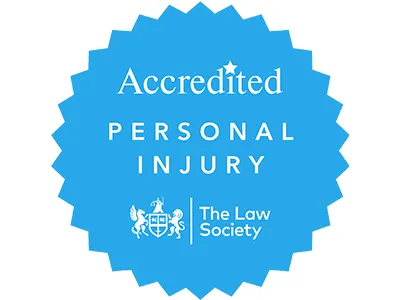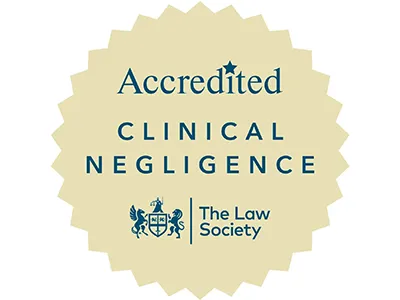Legal Jargon Explained: Making Sense of CICA Claims
When you’ve suffered a violent crime, the last thing you need is to be overwhelmed by legal terminology. At Ison Harrison, we believe victims deserve clarity, compassion, and confidence when pursuing a Criminal Injuries Compensation Authority (CICA) claim. This guide breaks down some of the most common legal terms used in the CICA process; so you can focus on recovery and not get bogged down in legal terms
What is the CICA?
The Criminal Injuries Compensation Authority is a government body that compensates victims of violent crime in England, Scotland, and Wales. It’s not a claim against the offender, it’s a state-funded scheme designed to support victims who’ve suffered physical or psychological harm as a result of being the victim of a crime of violence.
Key Legal Terms Explained
Balance of Probabilities
This is the standard of proof used in CICA claims. It means your case must be more likely than not to be true; over 50% likelihood. Unlike criminal trials, which require proof “beyond reasonable doubt,” CICA claims are decided on this lower threshold.
Example: If you were assaulted but the offender wasn’t convicted, you can still succeed in a CICA claim if the evidence shows it’s more likely than not that the assault occurred.
Criminal Injury
This refers to a physical or mental injury directly caused by a violent crime. It includes assaults, sexual abuse, domestic violence, and threats that result in psychological harm. Violence is the key term; injuries from negligence or accidents (e.g. road traffic collisions) are not covered unless the incident involved a deliberate act of violence.
Tariff of Injuries
CICA uses a fixed tariff system to assess compensation. Each injury is assigned a value based on severity. You can claim for up to three injuries, with the second and third paid at reduced rates.
Tip: A solicitor can help ensure your injuries are properly categorised and valued to ensure you receive the maximum award possible.
Time Limits
You usually have two years from the date of the incident to apply. Exceptions may apply for children or those with mental health conditions, but these are tightly controlled.
Advice: Don’t delay. Even if you’re unsure, speak to a solicitor early to preserve your rights.
Unspent Criminal Convictions
If you have unspent convictions, your claim may be reduced or rejected. The CICA applies strict rules under the Rehabilitation of Offenders Act 1974.
Important: Always disclose your criminal record when applying. A solicitor can advise on how it may affect your claim.
Why Choose Ison Harrison?
We’ve helped hundreds of victims secure compensation through the CICA scheme. Our team understands the emotional and legal complexities involved, and we’re here to guide you every step of the way.
- No win, no fee representation
- Specialist solicitors and lawyers with experience in serious injury and abuse claims
- Clear communication without jargon
- Supportive and confidential service
Take the First Step Today
If you’ve been the victim of a violent crime, you may be entitled to compensation—even if no one was charged or convicted. Let us help you understand your options and secure the support you deserve.
- Call 0113 284 5000
- Email: [email protected]
- Book a callback





